Filter by
The language used throughout the course, in both instruction and assessments.
Results for "convolution+and+deconvolution"
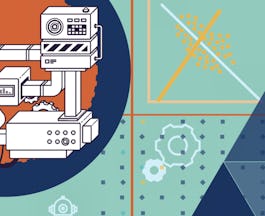
Imperial College London
Skills you'll gain: Algebra, Linear Algebra, Machine Learning, Mathematics, Computer Programming, Dimensionality Reduction, Mathematical Theory & Analysis, Python Programming, Statistical Analysis, Statistical Programming
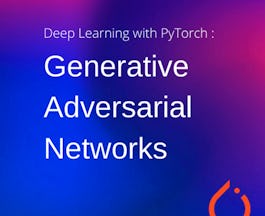
Coursera Project Network
Skills you'll gain: Deep Learning, Python Programming
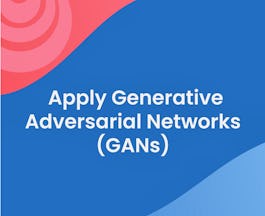
DeepLearning.AI
Skills you'll gain: Artificial Neural Networks, Deep Learning, Machine Learning, Machine Learning Algorithms, Computer Vision, Python Programming, Computer Programming, Human Learning

DeepLearning.AI
Skills you'll gain: Artificial Neural Networks, Computer Vision, Deep Learning, Machine Learning, Tensorflow, Machine Learning Algorithms, Machine Learning Software, Applied Machine Learning, Computer Graphic Techniques, Visualization (Computer Graphics)
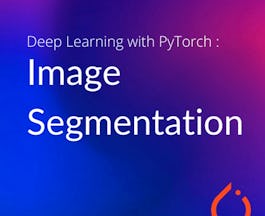
Coursera Project Network
Skills you'll gain: Python Programming
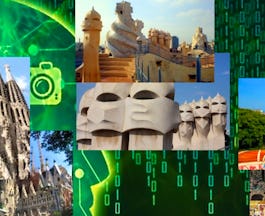 Status: Free
Status: FreeUniversitat Autònoma de Barcelona
Skills you'll gain: Leadership and Management, Strategy, Business Analysis, Communication, Data Analysis, Computer Vision
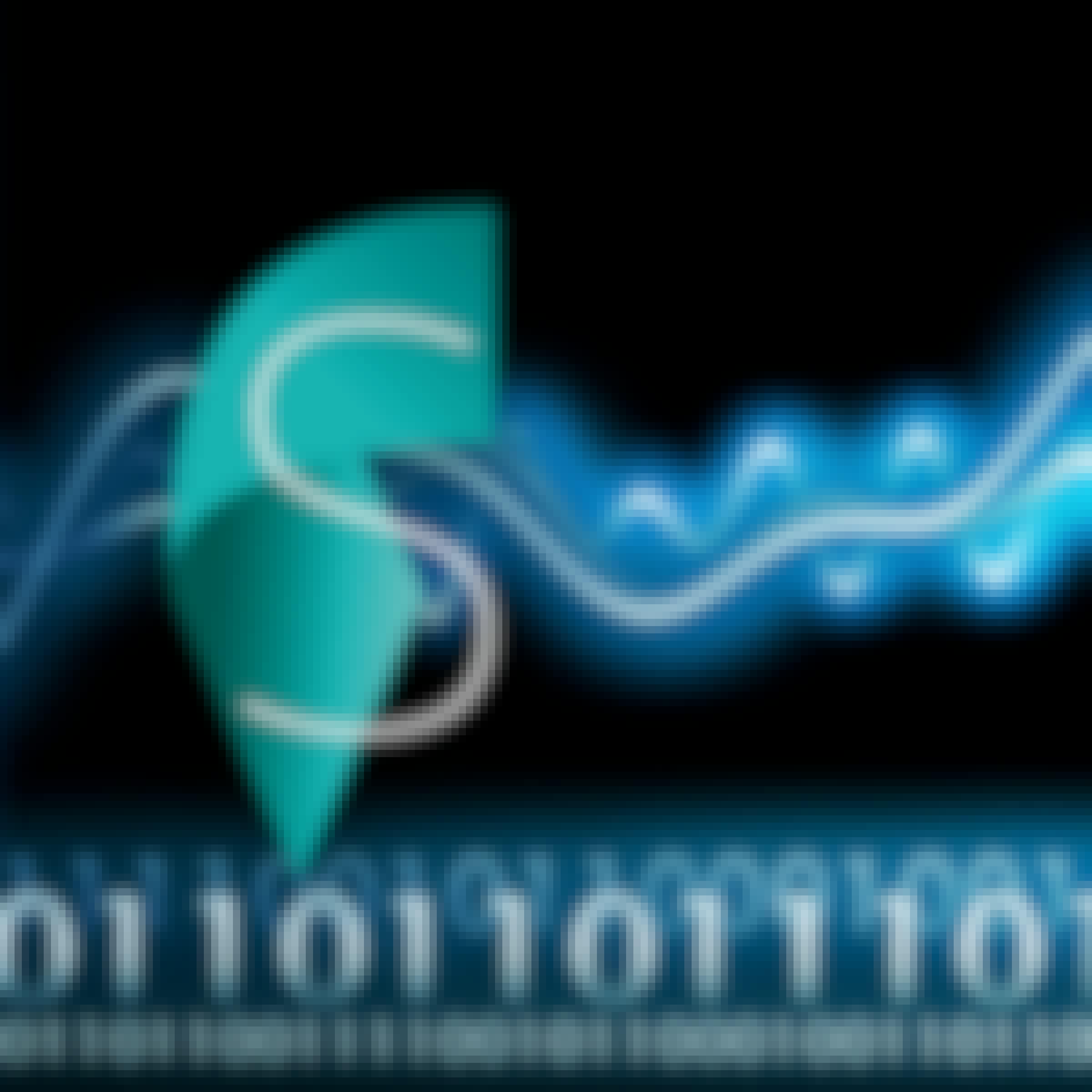
École Polytechnique Fédérale de Lausanne
Skills you'll gain: Mathematics, Mathematical Theory & Analysis
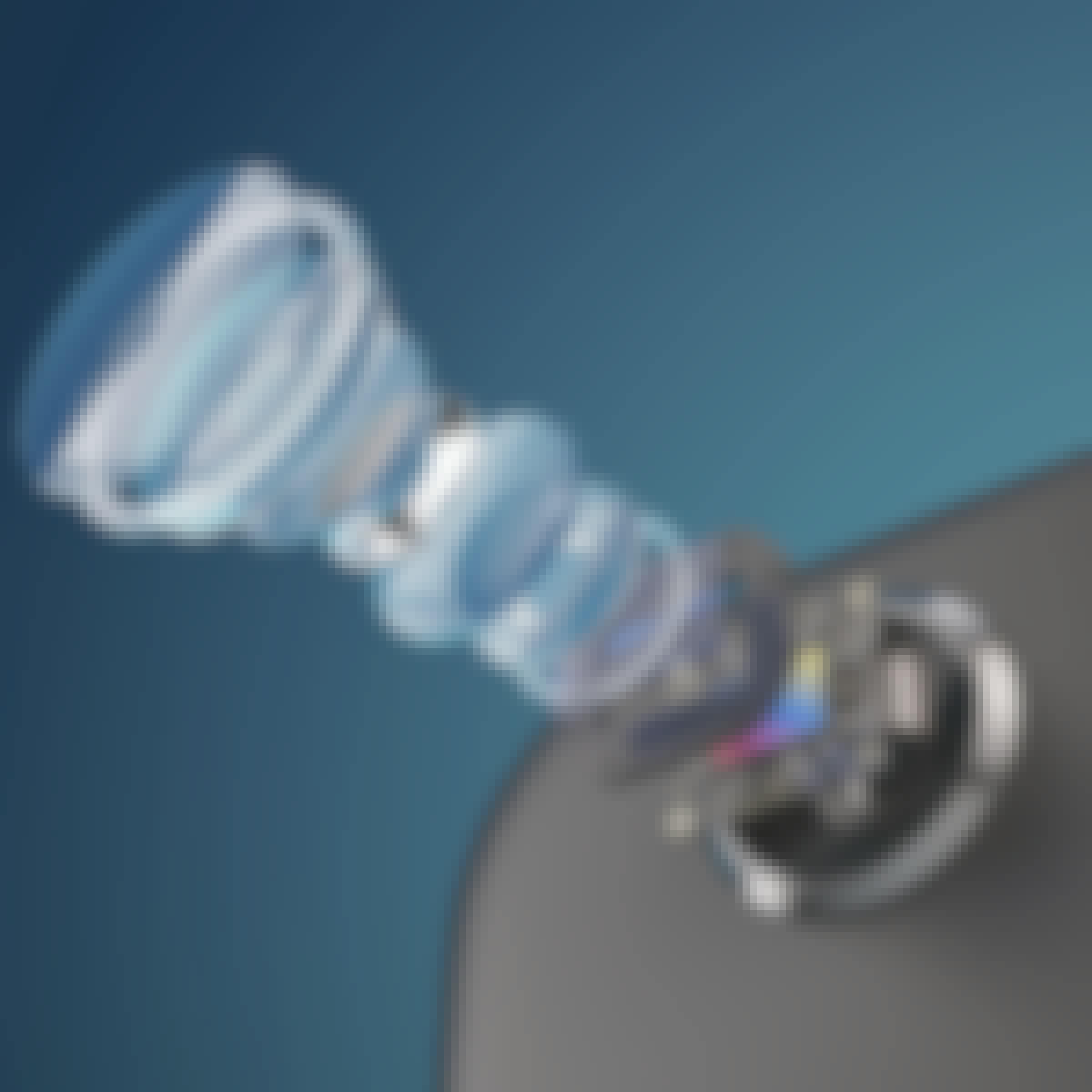
Columbia University
Skills you'll gain: Computer Vision, Mathematics, Algebra, Algorithms, Computational Thinking
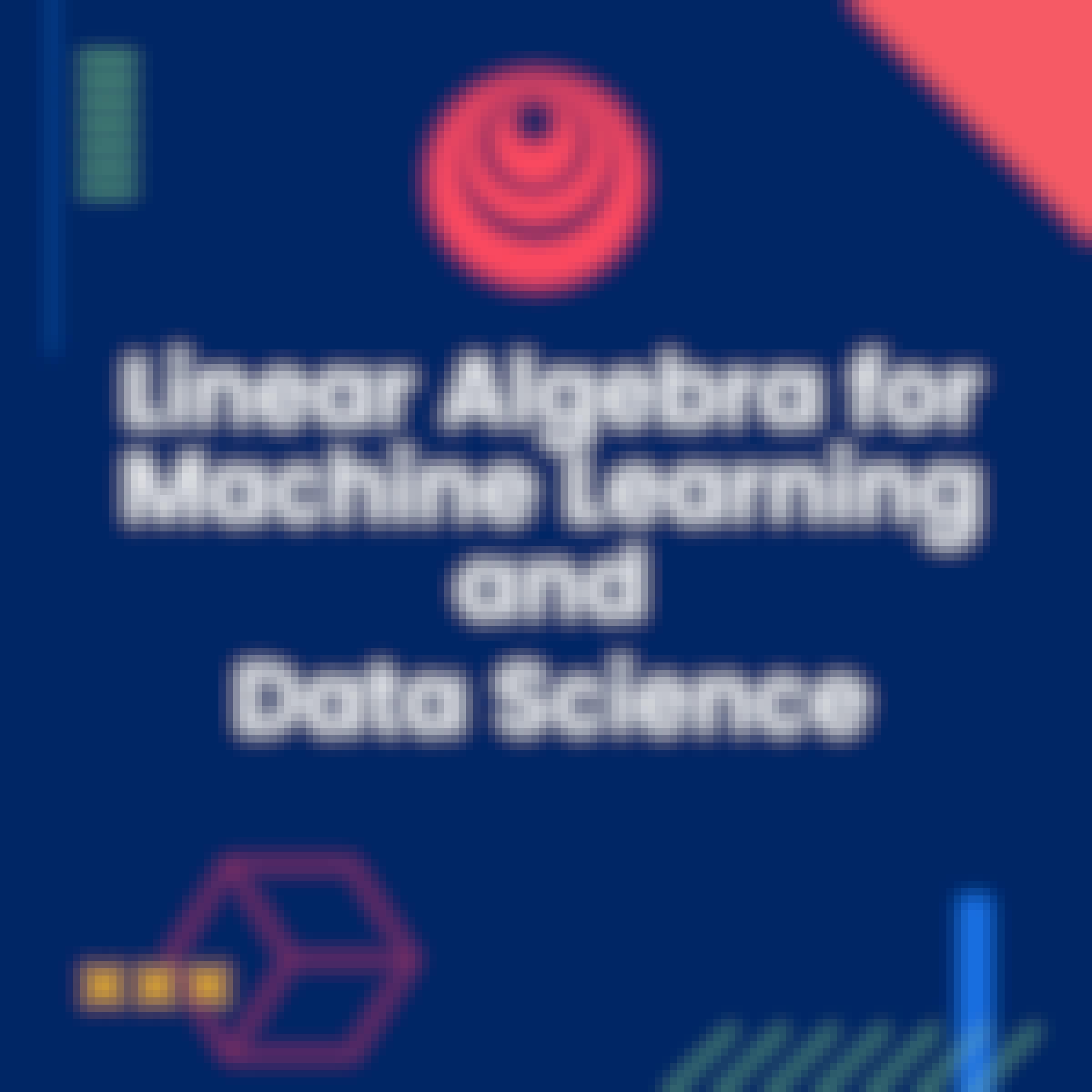
DeepLearning.AI
Skills you'll gain: Algebra, Linear Algebra, Machine Learning
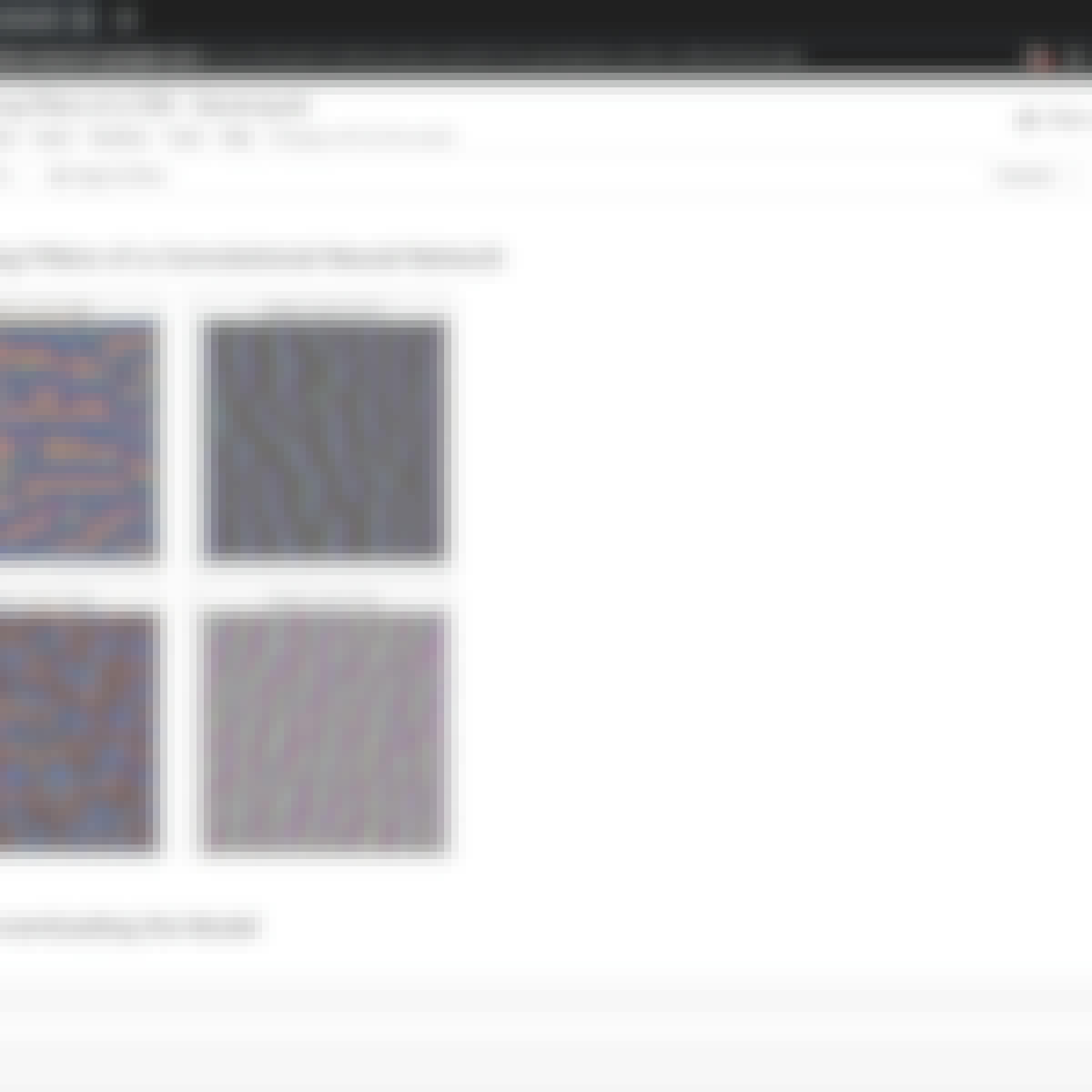
Coursera Project Network
Skills you'll gain: Artificial Neural Networks, Deep Learning, Machine Learning, Tensorflow

École Polytechnique Fédérale de Lausanne
In summary, here are 10 of our most popular convolution+and+deconvolution courses
- Mathematics for Machine Learning: PCA: Imperial College London
- Deep Learning with PyTorch : Generative Adversarial Network: Coursera Project Network
- Apply Generative Adversarial Networks (GANs): DeepLearning.AI
- Advanced Computer Vision with TensorFlow: DeepLearning.AI
- Deep Learning with PyTorch : Image Segmentation : Coursera Project Network
- Clasificación de imágenes: ¿cómo reconocer el contenido de una imagen?: Universitat Autònoma de Barcelona
- Digital Signal Processing 2: Filtering: École Polytechnique Fédérale de Lausanne
- Camera and Imaging: Columbia University
- Linear Algebra for Machine Learning and Data Science: DeepLearning.AI
- Deep Learning with PyTorch: IBM











